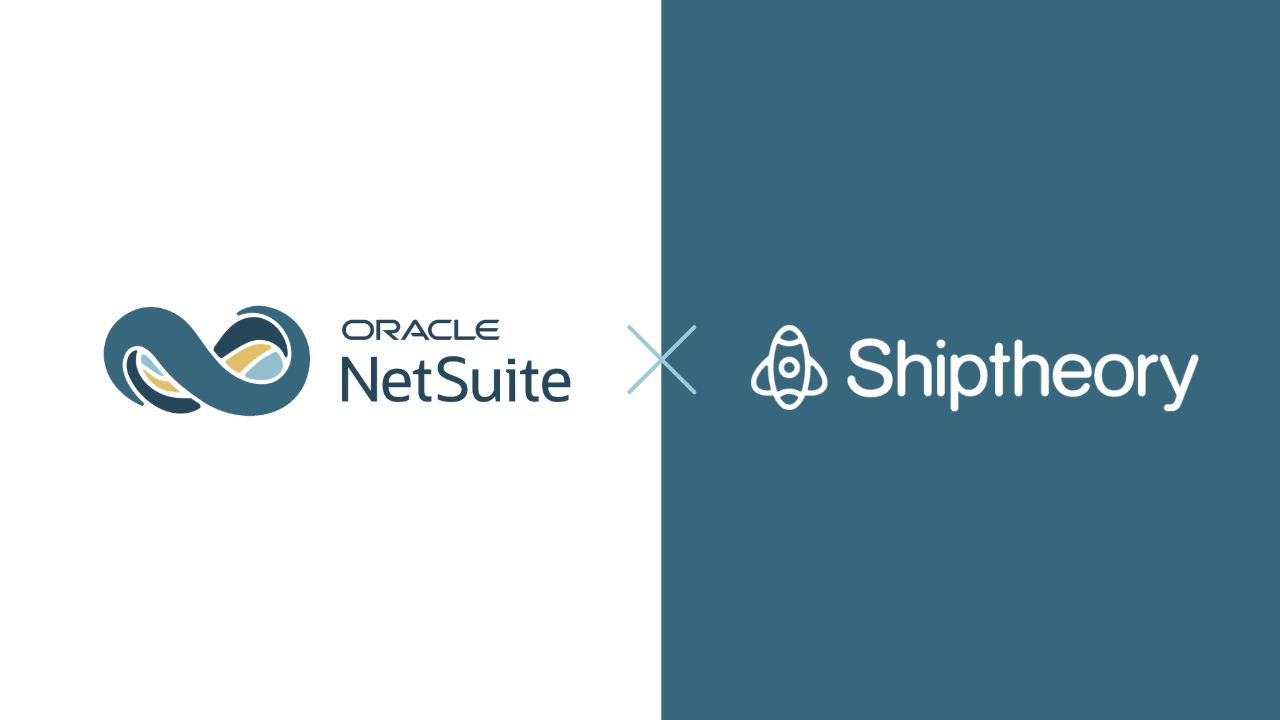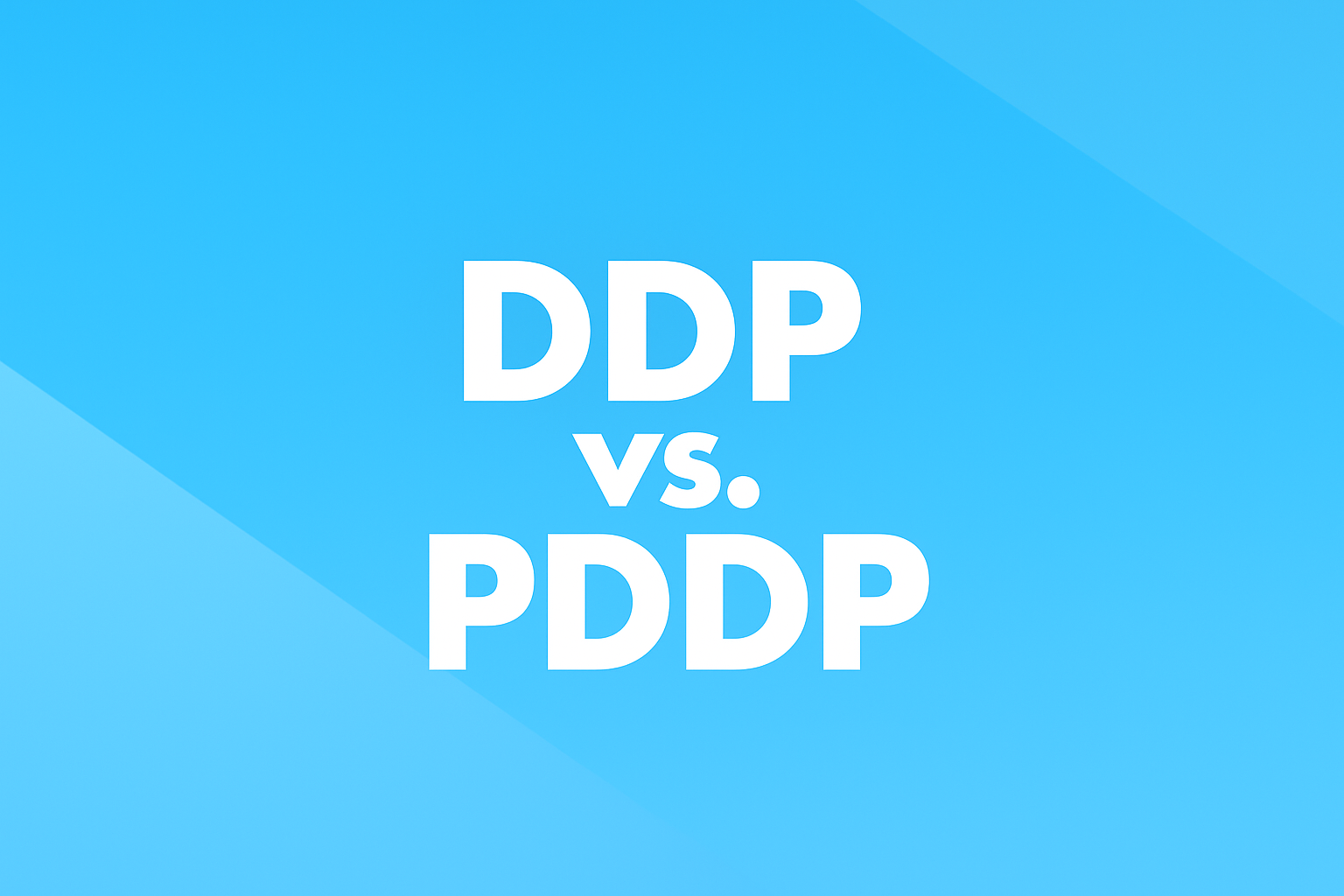- Ecommerce
- Product Updates
- Shipping

U.S. De Minimis Exemption Ends: What It Means for Your Business
From August 29, 2025, the United States will end its de minimis exemption for low-value imports, removing the duty-free threshold of $800. This applies to all countries except Canada and Mexico and represents one of the most significant shifts in U.S. trade policy in recent years.
The change impacts both courier and postal shipments. All parcels entering the U.S. will now face duties and tariffs, with several international postal operators — including Belgium, Germany, Japan, Singapore, New Zealand, and Portugal — already refusing to accept U.S. transit items ahead of the deadline. Anything misrouted will be returned to the origin. Businesses shipping across platforms like NetSuite, Shopify, Microsoft Dynamics, Amazon, or eBay to run their operations will need tighter control of shipping and compliance to avoid costly disruption. With Shiptheory, your international documentation is automatically generated, helping you stay compliant with cross-border regulations and avoid costly errors.
What’s Changing?
- No more duty-free imports under $800: Every parcel entering the U.S. will be assessed.
- Duties applied in two ways: either a percentage of value (ad valorem) or a flat fee ($80–$200 depending on country of origin).
- Higher risk of failed deliveries: If duties aren’t prepaid (Delivered Duties Paid), customers may face surprise charges at delivery and refuse the package.
- Slower delivery times: All shipments will be subject to formal customs clearance.
With carriers like Royal Mail, FedEx, UPS, and DHL now required to collect duties on all parcels, ecommerce businesses need to ensure their workflows, data, and customer communications are accurate and automated.
How Your Business Can Respond
The end of the de minimis exemption will increase costs, complexity, and customer friction. To adapt, ecommerce retailers, 3PLs, and marketplaces should start preparing now with the right mix of technology and logistics partnerships.
Cost management
Review pricing to decide whether to absorb duties or pass them to customers. Shiptheory helps by automatically applying carrier rules and selecting the suitable carrier across Royal Mail, FedEx, UPS, DHL, and over 90 other couriers.
Supply chain strategy
For frequent U.S. shipments, forward-stocking inventory may be cheaper than constant cross-border clearance.
Compliance preparedness
Accurate HS codes and origin data are essential. Shiptheory ensures customs forms are populated automatically, so whether you’re shipping via DHL, UPS, or Royal Mail, your data is always compliant.
Checkout experience
Platforms like Shopify, Amazon, and eBay now need transparent duty costs. Orders flowing through Shiptheory can include duties and taxes upfront, helping avoid rejected deliveries.
Customer service readiness
Support teams need visibility when shipments are delayed or held. By tracking every order across carriers, Shiptheory gives teams real-time data to reassure customers and resolve issues faster.
Logistics partnerships
As carriers adjust, Shiptheory’s integrations with over 100 carrier partners, including Whistl, The Delivery Group, and Pro Carrier, ensure you always have alternatives.
Legal and regulatory monitoring
Tariffs and exemptions will continue to shift. By building shipping automation directly into NetSuite and other commerce platforms, Shiptheory helps cross-border businesses adapt without constant manual rework.
What Can You Do Next?
The end of the de minimis exemption will add new costs and complexity, but with the right systems in place it’s possible to adapt quickly. Start by reviewing your pricing and checkout processes so customers see clear costs upfront. Make sure your warehouse and shipping workflows are accurate and efficient, reducing delays and errors at the border.
Finally, look to automation and trusted integrations that connect your orders directly to carriers and compliance tools. This removes manual work, keeps your data consistent, and gives you more time to focus on growth and customer experience.
If you’d like advice on adapting your shipping operations or need introductions to the right partners then you can contact the Shiptheory team.






